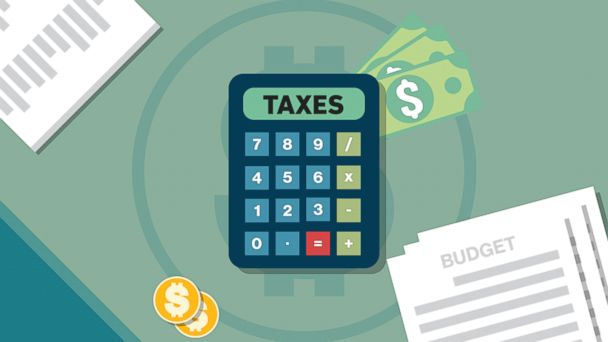
22 Jun How Property Tax Prorations Work in Escrow
The job of an escrow officer is complex, as there are many moving parts throughout a real estate transaction. But one of the more straightforward aspects of the role is calculating the amount of property tax that is due from the buyer and seller.
While this task is simple to complete, the explanation of it can be more complicated. That’s because the buyer may receive an official property tax adjustment bill months after the sale has been recorded.
Here, we will take a closer look at property tax prorations in escrow.
Most of us are familiar with property taxes because we receive an assessment from the county assessment office each year. This is your property tax bill that is due. When a home trades hands, it’s fairly simple for the escrow officer to determine how the property taxes will shake out and who owes what.
They take the property’s tax for the full year at the time of sale, and then calculate the correct amount for the seller for the year to the sale date, and the correct amount for the buyer is due for the balance of the year.
An easy example is that if a home closes on June 1, the seller will pay property taxes for the first five months of the year while the buyer pays for the remaining seven months, and you will see these numbers on your closing statement.
However, sometimes it takes months for the assessment to make its way to the buyer because it is based on the county assessment office’s schedule and timetable.
This can be confusing for a buyer who believes the sale has been completed, only to be contacted down the line by the county assessment office.
But property sales trigger a new assessment, meaning the property will be assigned a new tax value that is retroactive to the date of the sale.
Sometimes the value is more than what the buyer paid on the closing statement, and sometimes it is less, but it is usually always different.
Buyers are notified about the change via an adjustment notice indicating if they will need to pay more, or if they have overpaid. In the event of an overpayment, you will want to visit the links below for information specific to your area:
While this may seem complicated or confusing, it is very common for an escrow officer to use the existing property tax numbers that are provided to them by title at the time of escrow.
They work to prorate the property tax numbers as best they can, but it is very common for there to be adjustments. Market adjustments also play a role, meaning a buyer may see an additional tax bill down the line if the market appreciates, or vice versa, where the taxes may be reduced should the market depreciate.
Do you have questions about property tax prorations or anything pertaining to escrow?
Our dedicated team of escrow officers would be more than happy to assist you! Please contact us today. We’re here to help you.


Sorry, the comment form is closed at this time.